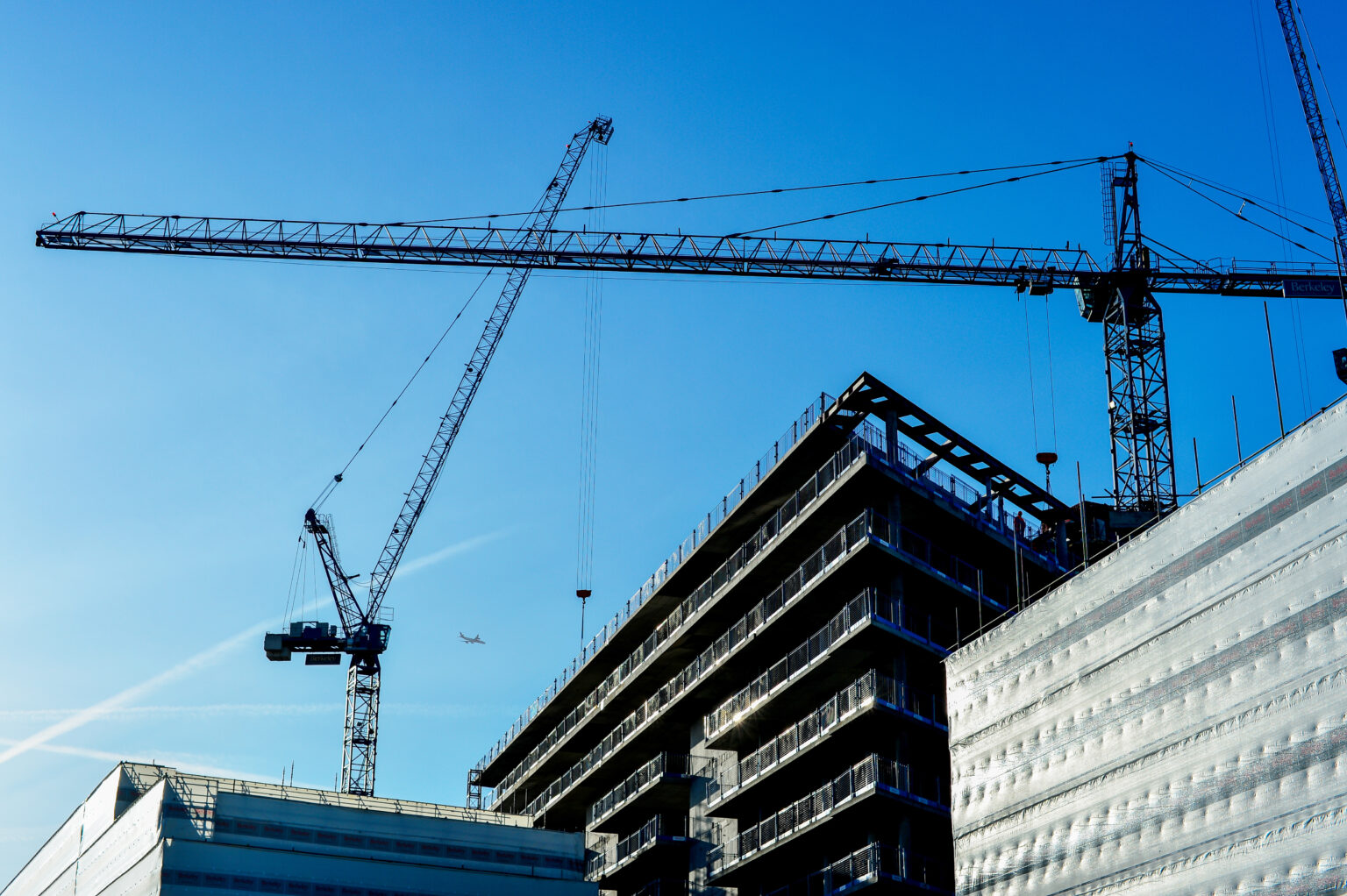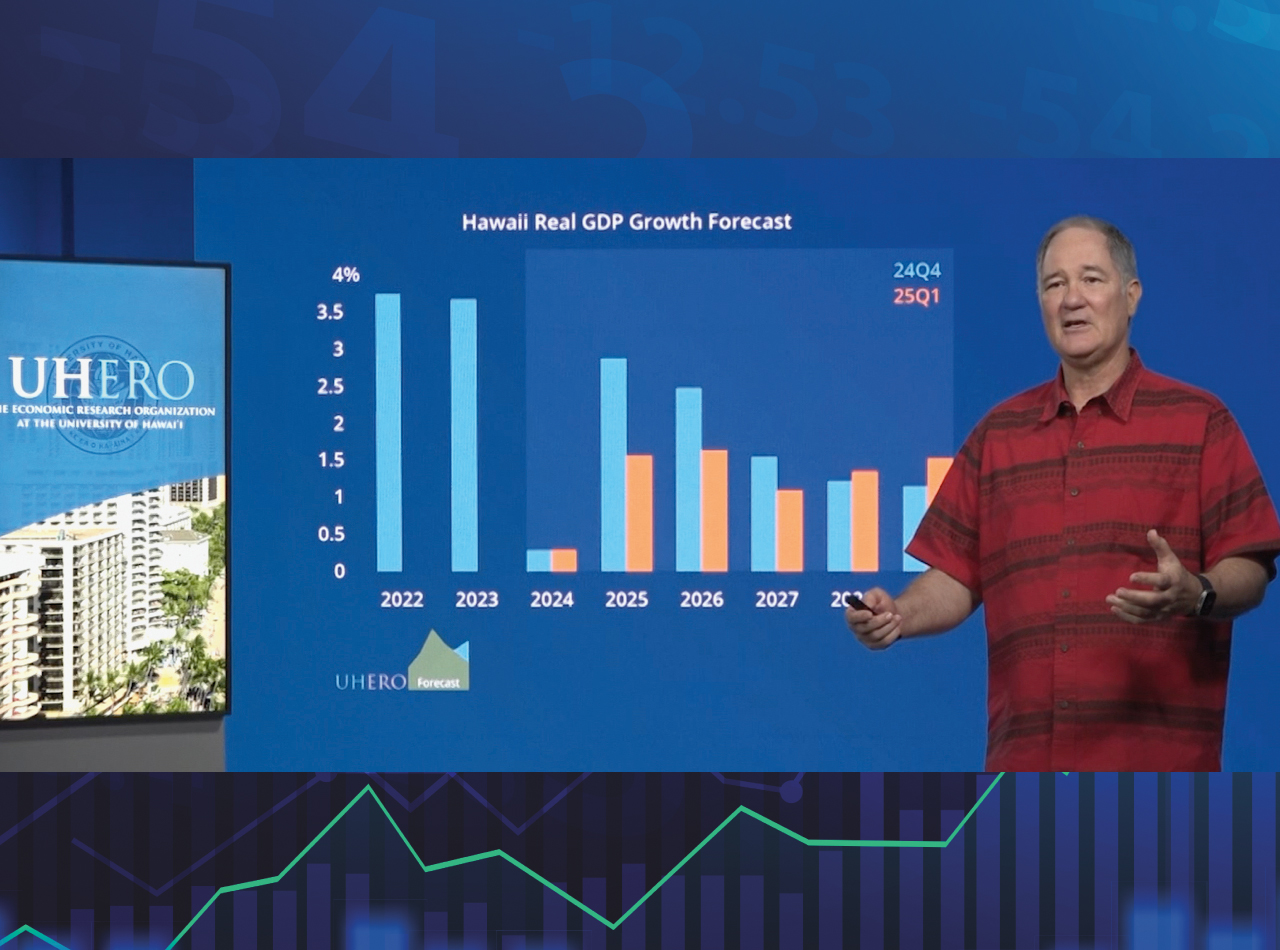The Hawaiʻi State Legislature’s 2023 Legislative Session ended on May 4, with four bills that could impact the state’s building industry heading to Gov. Josh Green for approval.
The four new measures include:
- A bill calling for violators of state law governing wages and hours of employees on public works to be jointly and severally liable for the penalty, with the penalty increasing for repeat violators (SB 435)
- A bill making general contractors who enter into or under contracts for certain building projects liable for certain debts arising from subcontractors’ performance on contracts between GCs and building owners (SB 415)
- A bill allowing certain pass-through entities to elect to pay Hawaiʻi income tax at the entity level (SB 1437)
- A Senate concurrent resolution calls upon Gov. Green to consider convening a task force to review existing procedures for the adoption of Hawaiʻi’s State Building Code (SCR 91)
While these four bills advance to Gov. Green’s desk for his signature, others failed to garner enough support. Bills that died during the 2023 session include:
- A bill that would have raised the cost of cement in Hawaiʻi (HB 714/SB 824)
- An amendment that would have required sealed bids from joint contractors and subcontractors be deposited and held in a Department of Commerce and Consumer Affairs bid depository (HB 536)
- A mandatory requirement that selection of competitive procurements for state and county construction and demolition projects include specifications for recycling construction and demolition material (HB 958/SB 431)
- A bill that would have required procurement officers to assess an offeror via a standardized questionnaire (HB 113/SB 232)
- A bill that would have required asphalt projects follow a new set of Hawaii Department of Transportation paving and disposal rules (HB 1406)
The General Contractors Association of America’s Hawaiʻi Chapter “reviewed all measures introduced and identified numerous [bills] that would negatively impact the industry,” said Ryan Sakuda, GCA of Hawaii government relations director, in a release. “While these measures were well-intentioned, [GCA of Hawaii] focused its attention on raising awareness of the negative impacts these measures would have on the industry if passed.”
GCA of Hawaii also identified more than a dozen additional bills headed for the governor’s desk that could potentially impact Hawai‘i’s building industry. Among them is SB 865, which establishes a 99-year lease program for the Hawaii Community Development Authority to develop low-cost condominium units on state- and county-owned land.





